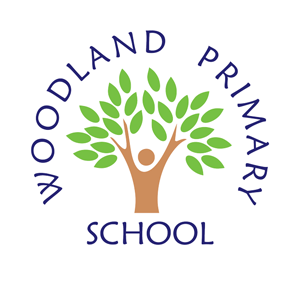Our Governors
Governors visit the school regularly to meet and talk to the children and staff. They are responsible for holding the school to account for the life and work of the school, including pupil outcomes. To do this from a more secure knowledge base they take part in pupil discussions, pupil progress meetings etc. This allows them to see how the school’s policies and plans are being put into place, how resources are used, and to gather information and knowledge of the school.
Our governors are a diverse group of individuals representing the parents, school staff and the community, with a broad range of skills and experiences. As a collective group of individuals they all share a common goal to help the school develop and improve and, in doing so, to provide its pupils with the best education possible. All governors are volunteers.
The Local Governing Body meetings are termly and the start of each meeting incorporates a learning walk around the school and learning about a specific aspect of the school improvement plan, that leaders may be working on. There are other smaller committees that meet as necessary such as the Pay Committee.
The chair of governors is Amie Wheal.
If you would like to contact her please get in touch with the school office.
Governor Responsibilities
Every year the school produces a School Improvement Plan (SIP) which details the Key Priorities for learning for the year and how these will be achieved. As Governors, they work together with the Headteacher and staff to ensure these key priorities are met.
Beyond the Local Governing Body
To find out about the work of the Trustees/Members of Humber Education Trust, please click here.
Our School Governors
- Miss A Wheal – Governor
- Mrs M Dodson – Headteacher
- Mrs T Rutter – Governor
- Mrs C Donnelly – Governor
- Mrs P Thompson – Governor
- Mr P Wilkinson – Governor
- Miss L Hyde – Governor
- Miss K Wilkinson – Governor










